La démocratie est souvent réduite aux élections. Mais la croyance en l’efficacité de celles-ci décroit partout dans le monde, à mesure que croît la défiance envers la politique. Et la soif de démocratie effective.


La démocratie est souvent réduite aux élections. Mais la croyance en l’efficacité de celles-ci décroit partout dans le monde, à mesure que croît la défiance envers la politique. Et la soif de démocratie effective.
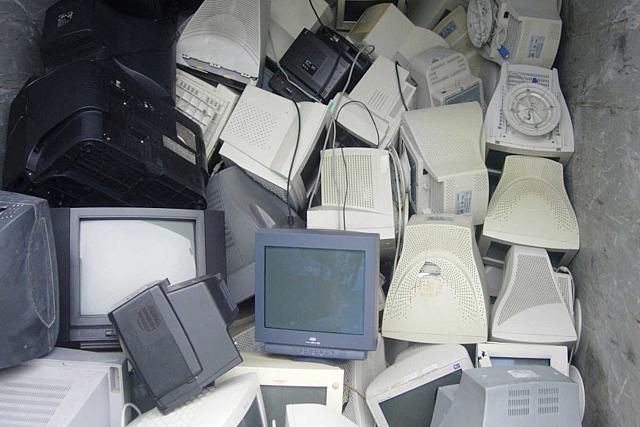
En Palestine, les déchets électroniques sont brûlés pour y récupérer les métaux et les revendre illégalement. Un trafic qui a fait augmenter le cas de cancers, et l’inquiétude des habitants.
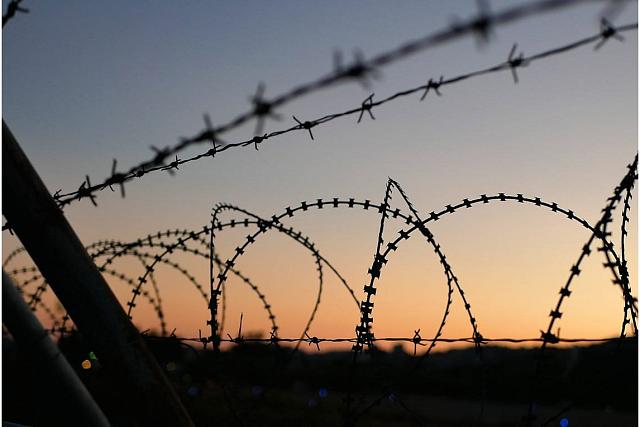
Communiqué de Migreurop
La chambre des députés italienne et la Cour suprême albanaise ont approuvé un nouveau protocole d’accord sur les migrations. Le réseau Migreurop dénonce des manœuvres qui s’inscrivent dans la continuité des politiques de l’Union européenne (UE) et de ses États membres pour externaliser le traitement de la demande de protection internationale.
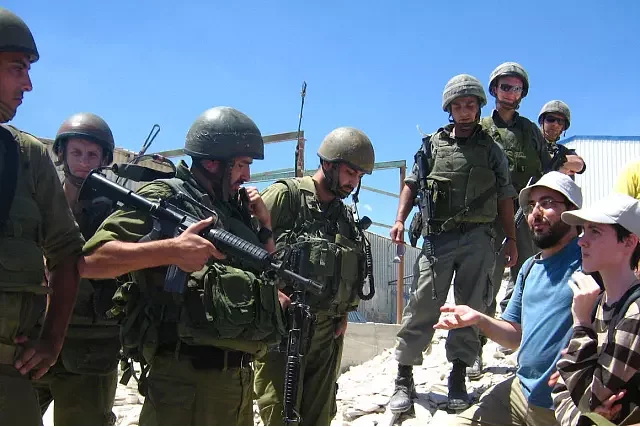
Ilan Pappé est un historien israélien qui examine de façon critique l’histoire de l’État d’Israël et du sionisme. Dans ce texte, il analyse la difficulté croissante de légitimation de la logique d’extermination et de déshumanisation inhérente au colonialisme de peuplement mis en œuvre par le projet sioniste.
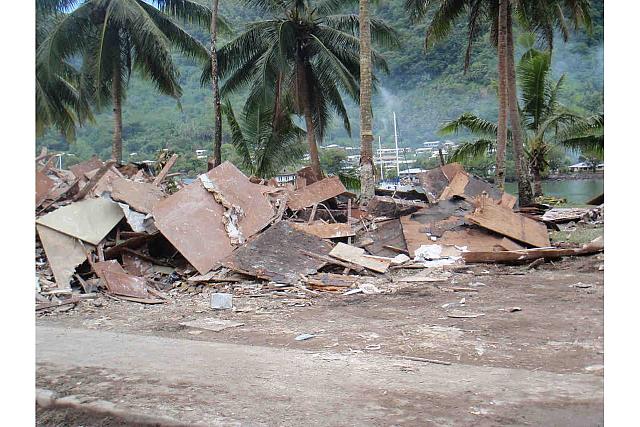
Ce sont deux mots qui ne cessent d’être liés, et d’émerger au gré de l’actualité : ceux de « catastrophes naturelles ». Les titres de presse les convoquent pour évoquer pêle-mêle séisme, inondation, éruption volcanique, incendie de forêt, ouragans. Les autorités comme les assureurs et parfois encore les ONG et organisations internationales ont également cette expression dans leur vocabulaire.
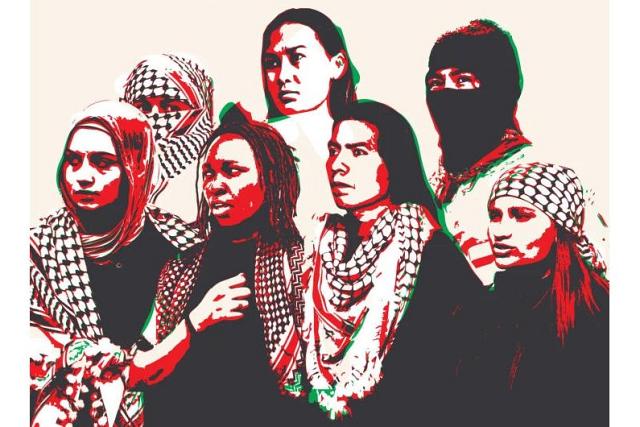
Le monde n’a pas terminé de se décoloniser. Depuis les territoires encore occupés militairement, politiquement et juridiquement annexés ; jusqu’aux pays qui ont accédé à l’indépendance formelle mais n’en finissent pas de s’émanciper socialement culturellement ou économiquement ; en passant par les pays colonisateurs, la lutte pour la libération des peuples colonisés continue.
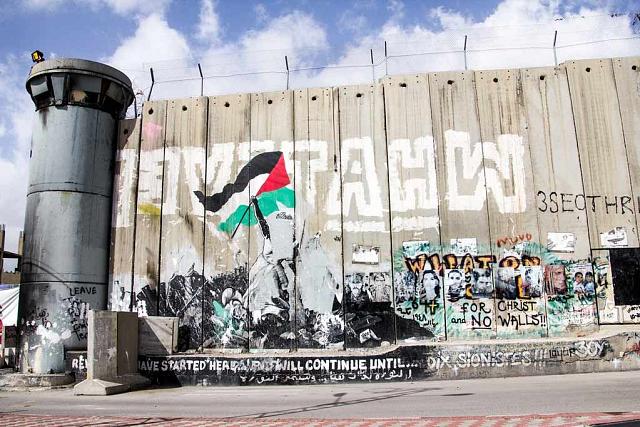
La violence terrible contre la population civile, tant palestinienne qu’israélienne, est largement le fait de l’occupation et du siège imposés par Israël. On peut, et on doit, la condamner dans sa totalité, tout en s’opposant fermement à l’apartheid israélien.
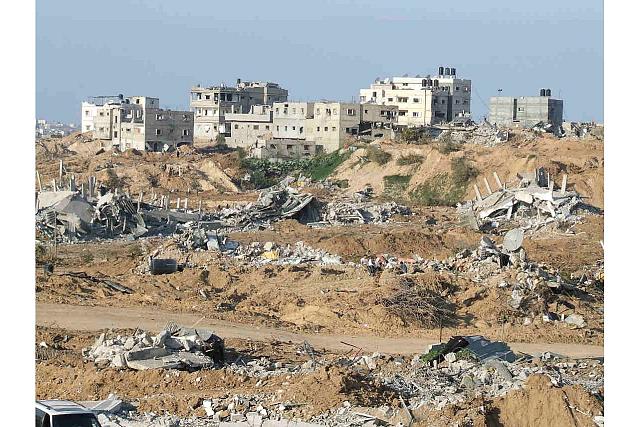
L’économie égyptienne traverse une crise aiguë et sa dépendance aux importations ne cesse de croître, limitant ainsi son autonomie vis-à-vis des États-Unis et de l’Europe. Le partenariat stratégique d’Israël avec ces derniers lui permet de faire pression sur l’Égypte pour qu’elle accueille les Palestiniens déplacés en échange d’un allègement de sa dette.
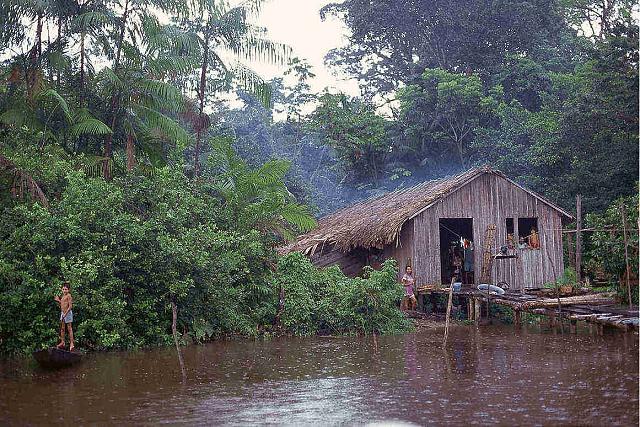
María Álvarez Malvido est mexicaine et a étudié l’anthropologie sociale à l’Université autonome du Mexique. Elle se dit amoureuse des histoires, et c’est pour cela que le journalisme l’a toujours attirée. C’est aussi ce qui l’a amenée à se rapprocher, depuis le début de sa carrière, des actions de communication des radios communautaires.
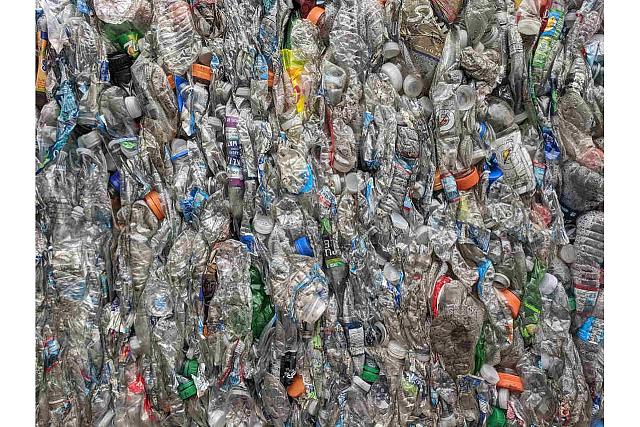
L’exportation de déchets de l’Union européenne vers la Turquie, principal importateur de cette marchandise funeste pour la santé humaine et l’environnement, est en pleine expansion.
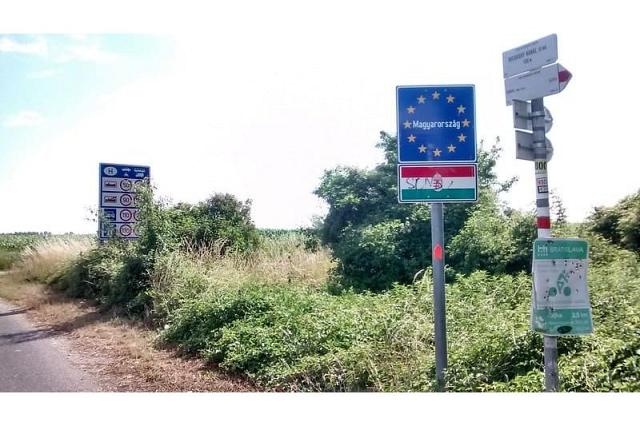
Le nombre de femmes qui migrent augmente chaque année ; elles sont de plus en plus nombreuses à migrer de manière indépendante et à emmener leurs enfants avec elles, ce qui les met dans des situations de vulnérabilité. L’insécurité des routes les expose à de nombreuses formes de violence aux frontières, y compris sexuelle. Témoignages.
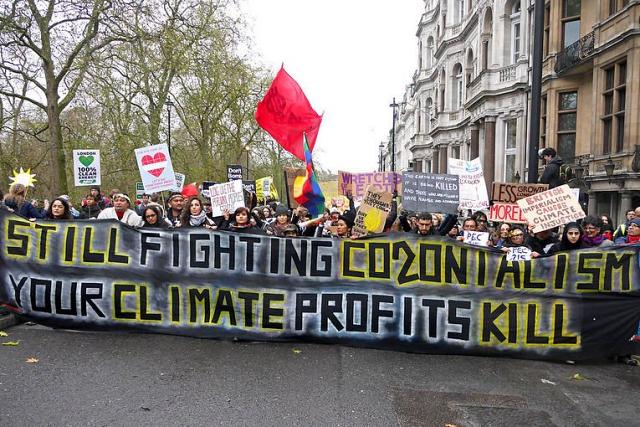
Une étude menée par Action Aid et Profudo a quantifié l’argent reçu dans les pays les plus défavorisés à la fois à destination de l’industrie des combustibles fossiles et de l’agriculture : les banques internationales allouent 20 fois plus de financement aux principales industries responsables de la crise climatique qu’aux gouvernements pour qu’ils puissent la combattre.

Une initiative sur les migrations
Fondé en 2014, le réseau Alarm Phone (AP) est composé de 200 activistes d’une quinzaine de pays, principalement d’Europe et d’Afrique du Nord, dont l’objectif principal est d’offrir une assistance aux migrant·es en détresse en mer.

Une initiative sur les migrations
Depuis sa création, La Cimade s’engage pour l’accès à la langue et à la culture française pour toutes et tous comme droit fondamental, essentiel pour l’intégration des personnes exilées.
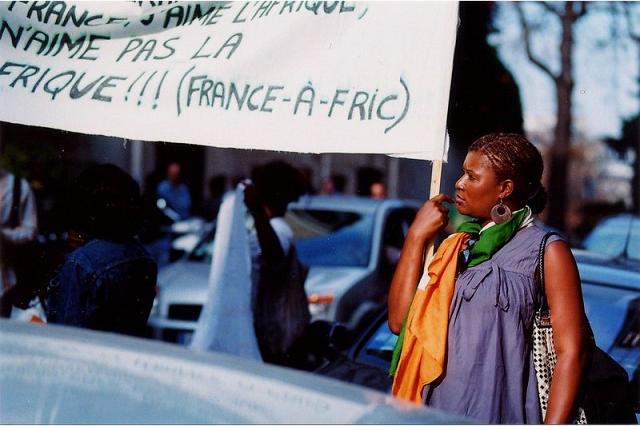
La France n’est pas un problème nouveau pour l’Afrique. Depuis le XIXe siècle, elle fait obstacle à l’autodétermination du continent. Cet article propose un examen historique et économique approfondi des impacts de la domination et du néocolonialisme français sur l’indépendance et le développement de ses anciennes colonies.

Six pays, parmi lesquels la France, veulent torpiller la première loi européenne visant à protéger la liberté et l’indépendance des médias dans l’UE en militant activement pour autoriser la surveillance des journalistes, au nom de « la sécurité nationale ». C’est ce que révèlent des documents obtenus par Disclose, en partenariat avec Investigate Europe et Follow the Money, après 15 mois d’enquête.
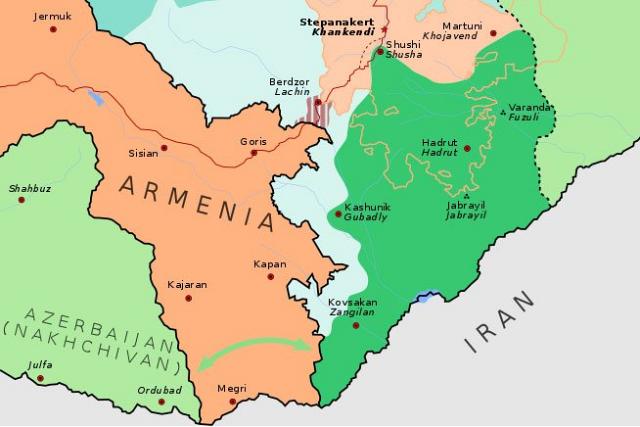
Suite à l’attaque de l’Azerbaïdjan contre les Arménien·nes du Haut-Karabagh le 19 septembre dernier et l’exil forcé qui a suivi, cette région sera bientôt vide d’Arménien·nes ‒ pour la première fois depuis plus de deux mille ans. Cette tragédie aurait pu être évitée. Le New York Times a récemment écrit, à propos de ce qui se passe actuellement dans le Haut-Karabagh, que « presque personne ne l’avait vu venir ». Rien ne pourrait être plus faux. Les Arménien·nes, ainsi que celles et ceux qui ont suivi le conflit, avaient prévenu depuis longtemps que cela arriverait.
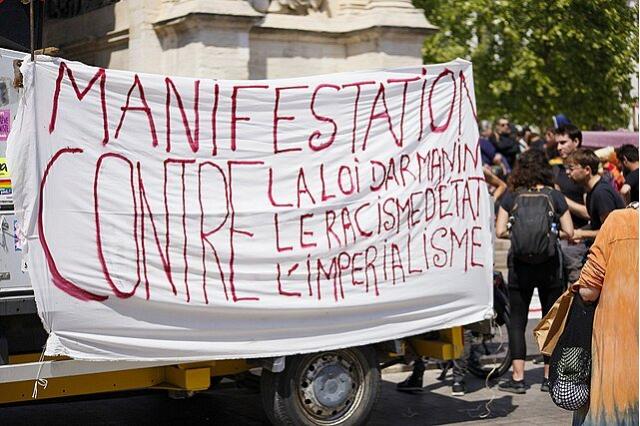
Suppression de l’Aide Médicale d’État, restriction du droit de vivre en famille, aucune régularisation prévue pour les "métiers en tension", rétablissement du délit de séjour irrégulier... La Cimade décrypte "le nouveau projet de loi sur l’asile et l’immigration [qui] a franchi, par la version adoptée au Sénat, un cap supplémentaire vers des régressions sans précédent des droits des personnes migrantes", et donne sa position sur certains articles cités.
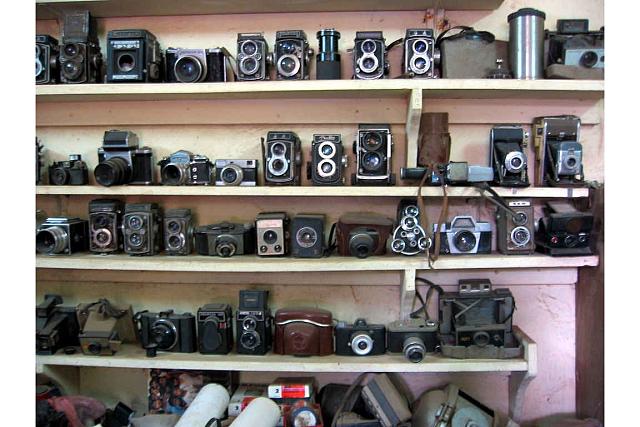
« France au revoir ». Étonnamment, cette expression, courante en Côte d’Ivoire comme au Burkina Faso, ne signifie pas que la France doit-être « reconduite à la frontière ». Non sans ironie, elle traduit le point de vue de ces choses que, à Ouagadougou comme à Abidjan, on appelle ainsi : « France (…)

Une initiative sur la santé
Selon l’Organisation mondiale de la santé, des millions de personnes sont touchées chaque année par des infections associées aux soins. Cela constitue un problème de santé publique majeur dans des pays aux ressources limitées. La pandémie de Covid-19 a exacerbé ces problèmes et mis en avant (…)